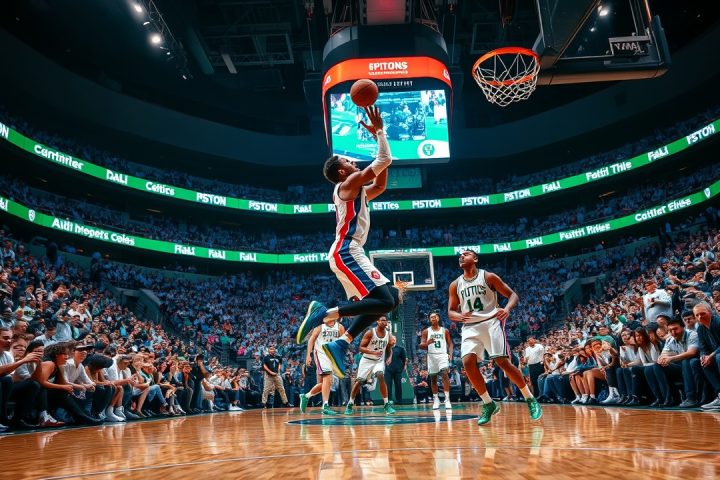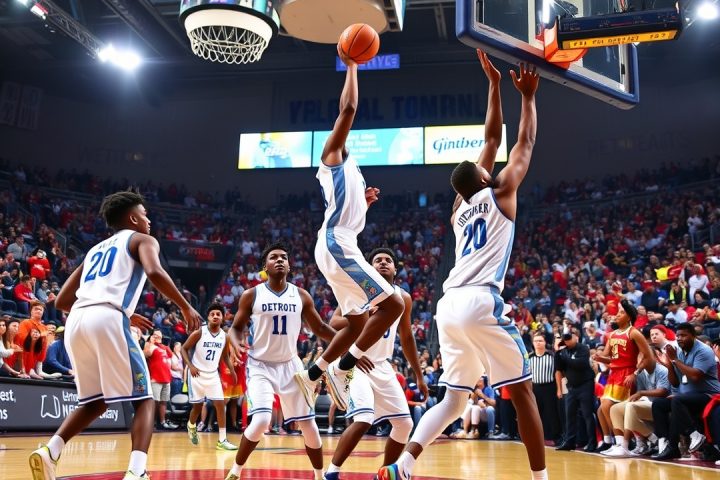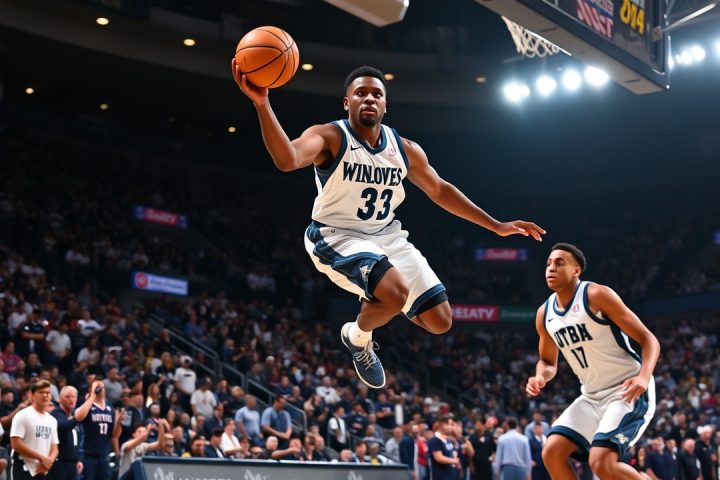Knicks Head Coach Search
The New York Knicks are actively pursuing candidates to fill their head coach vacancy following the departure of Tom Thibodeau. Despite existing contracts blocking access to several prominent coaches, including Jason Kidd, Ime Udoka, and Chris Finch, the Knicks are broadening their search strategy. Potential candidates include experienced figures like Taylor Jenkins, formerly of the Memphis Grizzlies, and Mike Brown, who last coached the Sacramento Kings. Alternatively, they may opt for a younger choice in Johnnie Bryant, a former assistant coach with the franchise.
Key Traits for the Incoming Coach
As the team contemplates its next move, it is crucial to identify certain key traits that the incoming head coach should possess to optimize the squad’s performance in future seasons.
Adaptability in Strategy
One essential quality for success in the NBA is a coach’s ability to adjust tactics effectively. Under Thibodeau’s leadership, the Knicks often avoided switching pick-and-rolls during the regular season. However, this approach faced criticism during the playoffs. In a second-round matchup against the Boston Celtics, New York switched defenses with reasonable success, yet struggled against the Indiana Pacers‘ dynamic playing style in the Conference Finals. They faltered defensively, particularly in Game 1, as Aaron Nesmith capitalized by sinking six three-pointers in the closing moments, turning a significant deficit into a manageable contest.
Experimenting with various lineup configurations is another necessary step forward. Thibodeau’s steadiness led to the starting five logging more minutes than any other unit across the regular season and playoffs. Many fans were left wanting to see different combinations, particularly the inclusion of Miles McBride in place of Josh Hart among the starters. A coach willing to mix and match lineups could ultimately position the Knicks better in the postseason, even if it occasionally costs them regular-season wins.
A Focus on Ball Movement
Throughout Thibodeau’s five-year reign, the Knicks never ranked better than 17th in assist rate, often languishing in the bottom third. Despite managing a competent offense primarily through offensive rebounds and minimizing turnovers, the lack of collaborative ball movement proved detrimental. The team struggled offensively in the playoffs, particularly as defenses learned to stifle Karl-Anthony Towns’ three-point shooting and often isolated Jalen Brunson, their primary offensive force. The Knicks registered the lowest assist rate (50.4%) among playoff teams, highlighting the need for improved ball and player movement. Enhancing these aspects could elevate the performance of players such as Mikal Bridges and OG Anunoby.
Commitment to Player Development
While Thibodeau was known for relying heavily on his starters, he previously leaned on a strong bench, illustrated by successful lineups featuring Immanuel Quickley and Derrick Rose. However, the current roster’s depth has diminished, leading to less reliance on bench contributions, which were the weakest in scoring during the regular season and playoffs.
A new coach must prioritize player development, similar to how successful teams like the Pacers and Thunder developed impactful second-round picks and undrafted talents. With emerging players such as Pacome Dadiet, Tyler Kolek, and Ariel Hukporti on the Knicks’ roster, fostering their growth to become trusted rotation options will be key for the franchise’s future success.




